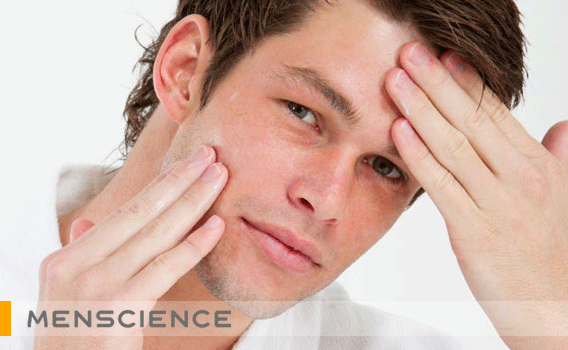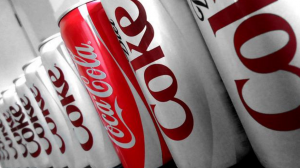Question:
Does anyone else feel like everytime they eat bread they get a horrid case of the hiccups???!!! I try and enjoy a slice of bread, biscuit, roll, certain cakes, etc, and BAM…..hiccups. This happens to me all the time, and I just can’t seem to figure out why. Is it that I am eating it too fast? Am I eating too much of it at once? Texture? Consistency? Ingredients? Am I allergic? What is going on?!!! Is there something personally wrong with me? It very well might be due to chance, but I know that there has to be a correlation between my consumption of bready carbs and my hiccup attacks… or maybe, not?
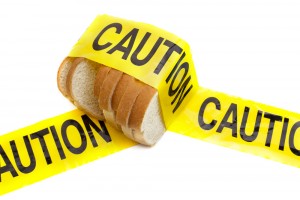
http://www.drbriffa.com/wp-content/uploads/2012/09/shutterstock_93060556.jpg
I’M NOT NUTS:
If you think I’m crazy and are reading this like “What is this girl talking about? I’ve never heard of getting hiccups from bread”, well, I’m not alone. Check out this link to read about some other pissed bread eaters:
http://www.homesteadingtoday.com/general-homesteading-forums/countryside-families/442856-does-bread-give-you-hiccups.html
This proves no evidence or support to a causation, but shows that this is a legit question that other people are asking too.
Suggestive Correlations:
- Bread → hiccups (direct causality) …..what i believe is happening
- Bread ← hiccups (reverse causality)…. Not what i believe is happening… having the hiccups does not make me eat bread…… this causation is ruled out…. I am simply mentioning it to narrow it down
- Bread ← Z → Hiccups (Confounding)…. Anything that could cause hiccups and bread consumption…(examples listed below)
- Chance….always can be a possibility
What’s going on:
I think a lot of the reason that I am so confused as to why I get these sudden hiccups is because I am not all that educated on what a hiccup actually is. So, I did some research. According to a medical professor at the University of Calgary, William A. Whitelaw, there are various happenings in the body that cause them. He claims that the leading cause is initiated by the stomach expanding and sending its’ acids up through the throat. This allegedly causes the diaphragm to have a spasm and quickly contract along with multiple other muscles in the throat including the vocal cords. This sudden action causes the sound of a hiccup, and the rush of air up the esophagus causes an additional “burp-like” experience. Ok, so now I know how a hiccup is formed, great, but this still does not answer why on earth bread seemingly makes this phenomenon happen in my body.
So I dug a little deeper……. Confounding Variables:
Along the way in my research, I discovered some more specific causes of the hiccup process– ones that may narrow down why bread in particular does this to me. According to a popsugar fitness blog, other causes include consumption of spicy foods, carbonation, alcohol, tobacco, and air. Maybe some of these could even be possible 3rd variables. Maybe i tend to eat more bread when I’m eating spicy foods to lessen the extreme flavors. Alcohol or carbonated drinks like soda could also be confounding variables because often soda or alcohol is a preferable beverage choice to pair with bread. The article also suggests that speedy eating and overeating can cause hiccups, but there is no scientific evidence to declare a mechanism.
Another interesting correlation is stated in Dr. Oz and Dr. Roizen’s article regarding Celiac disease. In simple terms they defined the disease as a destruction of a lining in the intestines that prevents the ability for nutrients to flow through the body. Because of the damage, the stomach’s of Celiac disease patients have trouble accepting gluten in any form. In result, hiccup outbursts may occur. From this information, it could be suggested that gluten could be a possible cause for hiccups, but the person eating the bread has to be a Celiac patient… or do they? There is no published evidence.
Experimentation….or lack there of:
From the looks of my research, it seems most probable that the correlation between bread and hiccups is caused by a 3rd variable. However, since there is no previous or published control experiments for this hypothesis, I cannot state a conclusion that has sufficient evidence. If I were to create an experiment to test this question, I would do a control experimental trial. The participants would be split accordingly into two groups with an equal number of males and females in each group. The people in the control group would be Celiac-free and would each quickly eat 3 slices of white bread. The experimental group would be Celiac patients and would quickly eat 3 pieces of white bread. If the results showed that within 5 minutes after the bread consumption only one of the groups got hiccups, then the evidence could support that either the gluten or the fast-eating caused the hiccups. I would then do the exact same trial but have the bread be eaten slowly. If the original results showed that within 5 minutes after the bread consumption both groups got hiccups, then I would run another trial. This trial would be exactly the same, but I would switch the y-variable from white bread to gluten free bread and do the same post procedure as the first trial.
Is bread guilty?
It turns out that the correlation between bread and hiccups is far more complicated than I had thought. I apologize to bread for pointing the finger. It is not fair for me to blame bread for my hiccups. However, due to the lack of experimentation and evidence, I am still skeptical of bread.
But since I do not have Celiac disease, and there are so many possible z-variables that could cause my hiccups, I’m going to say “the heck with it!” and keep eating bread.
Article Sources:
https://www.scientificamerican.com/article/what-causes-hiccups/
http://www.kansas.com/living/health-fitness/article1092152.html
http://www.popsugar.com/fitness/What-Causes-Hiccups-433061

 I
I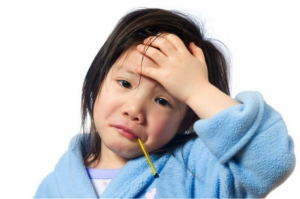

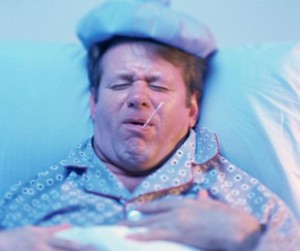 One of the biggest jobs that the
One of the biggest jobs that the 


